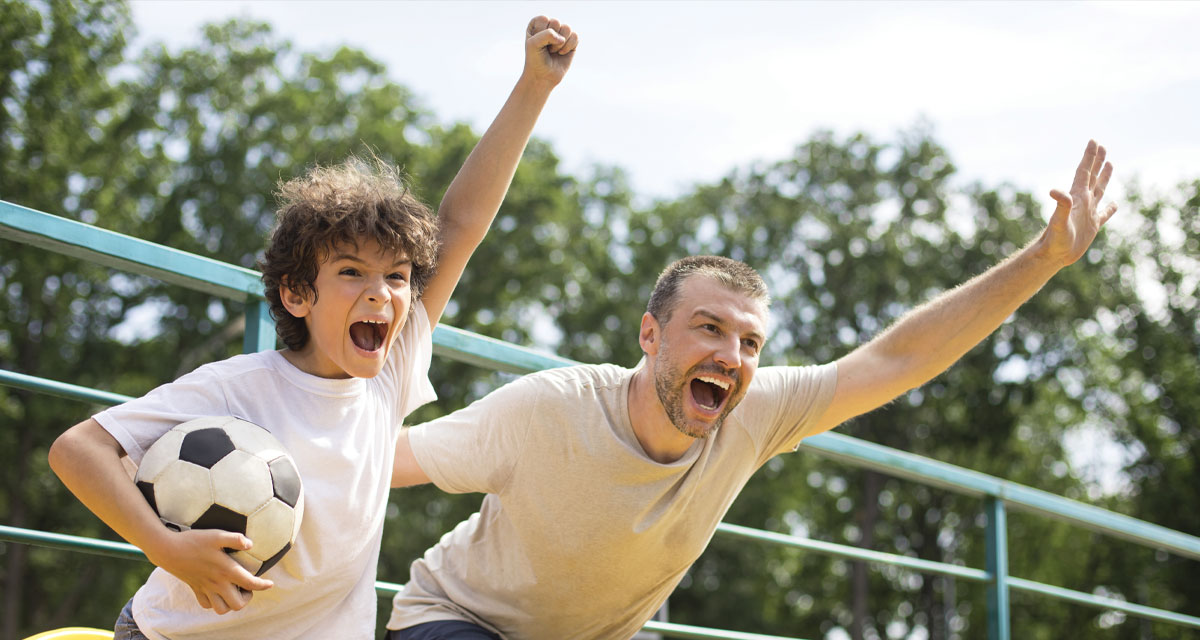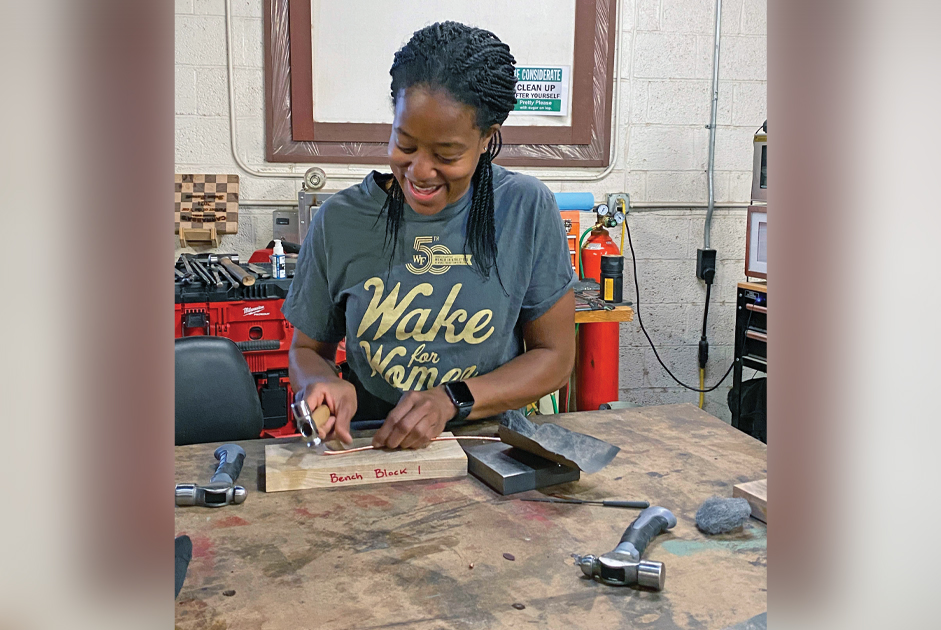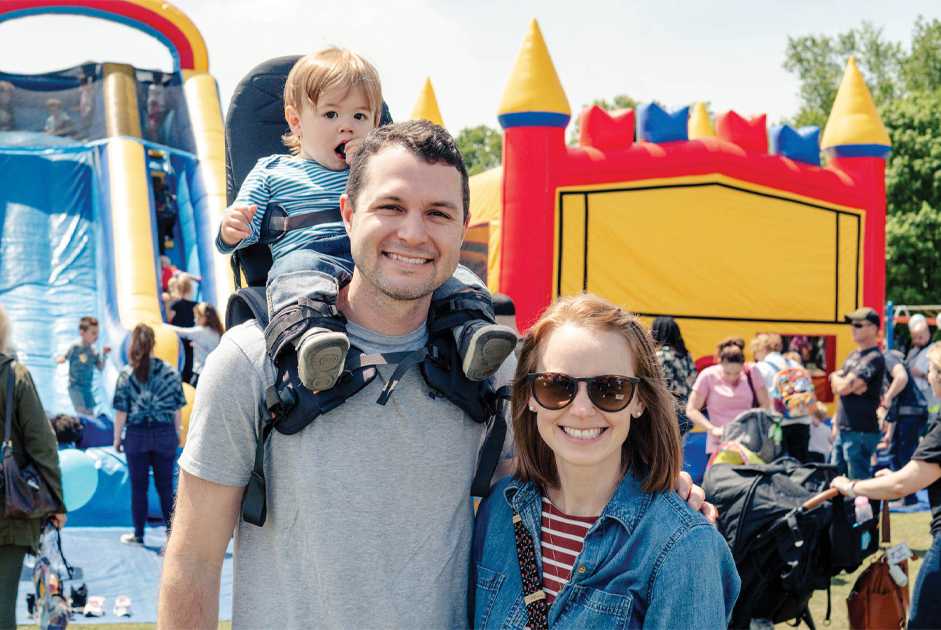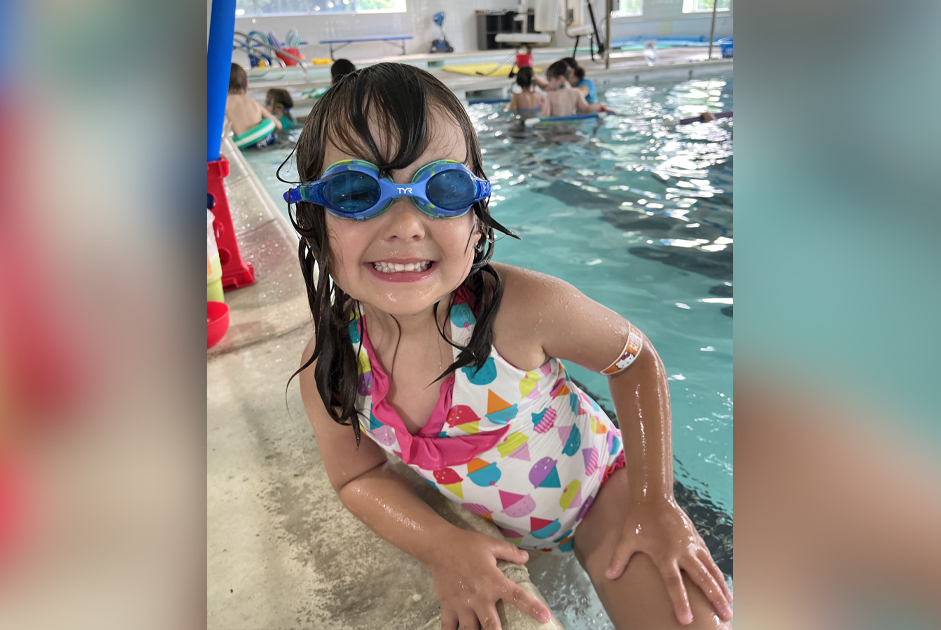Most of us are familiar with the phrase “Actions speak louder than words.” An example of how this phrase impacts our lives is through the influence of an adult’s actions on a child. No matter what their ages, children are keen observers. They watch what everyone is doing around them and how an adult responds to conflict, frustrations, happiness, and much more. Children take note and can copy certain actions, far more than an adult realizes. Think about it—do you have a particular reaction that is the same as that of your parent? Does your child copy you and repeat a similar action right after you have done the same thing? If you are now wondering what behaviors your kids have seen and how to positively model them, don’t worry, I have you covered with these strategies.
First, determine your family’s values, morals, and expected behaviors. What type of person would you like your child to be as an adult? Do you want them to be respectful and honest? Ask yourself, “What do I want my children to learn from me?” Then, show it. Treat others with respect and empathy. Say “please” and “thank you.” Demonstrate how to help others in large and small tasks. It may be donating items to a canned food drive or just holding a door open for someone. If your family strives for honesty in all that you do, be truthful and just in your actions.
Part of deciding what your family believes is thinking about what life skills children should know that are important to you. Become a role model with these skills and adopt them for yourself. For example, if you believe in healthy eating, do your best to do so. Maybe you value a strong work ethic or involvement in the community. One key life skill to learn is how to manage technology. If your child sees you on your phone or computer the majority of the day, they will determine that it is acceptable. Through modeling these life skills, you are teaching your children what is important. Talk about what you are doing in front of your kids and portray these actions at home. Also, don’t hesitate to get your family involved. It is never too early to learn life skills.
Growing up, children can have a hard time with social and emotional skills. It can be difficult to manage your frustrations or properly express excitement. Walk through different scenarios and demonstrate different social and emotional skills. Teach your children strategies for handling their anger, what to do when they are upset or sad. Don’t forget to include situations such as meeting new people, solving problems, and working through a difficult task or decision.
Lastly, set expectations for yourself. Always strive to model the behaviors you want your children to exhibit. However, we all have behaviors that may not be right or appropriate for kids, such as smoking, swearing, etc. No one is perfect, and mistakes happen to us all. We forget, and respond in ways we wished we hadn’t. Hold yourself accountable. When your child sees your behaviors contradicting your expectations, explain to them what happened and set a new plan to improve going forward.
Children learn many things from adults and other kids. Communicating with your child is one of the best things a parent can do if an action is questioned. Seeing a child take after you can be a wonderful thing. There is nothing better than teaching them a new skill or activity. Just be sure that you determine which are appropriate and acceptable. Then, exhibit those actions and behaviors as an influential role model for your child.























